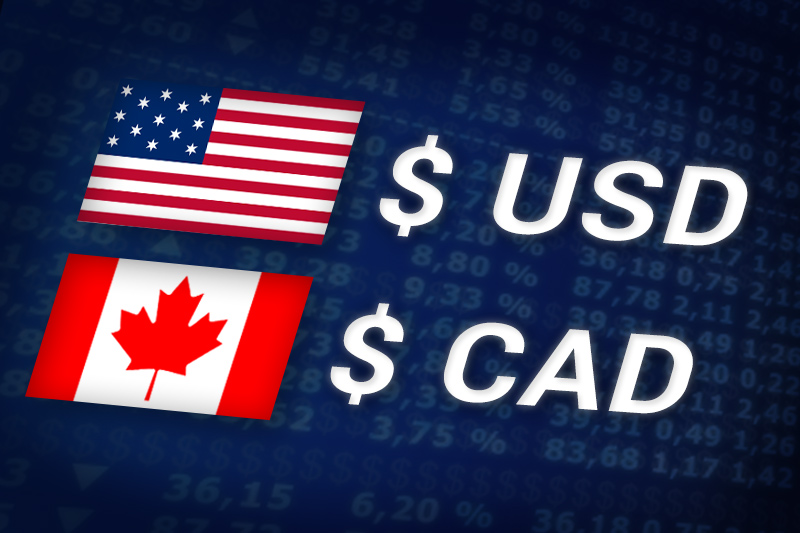Investing.com - The broadly stronger U.S. dollar was higher against its Canadian counterpart on Wednesday, as renewed worries over the threat of Greek default dampened investor demand for riskier assets.
USD/CAD hit 1.0148 during early U.S. trade, the pair’s highest since Monday; the pair subsequently consolidated at 1.0126, gaining 0.36%.
The pair was likely to find support at 1.0070, Tuesday’s low and resistance at 1.0161, Monday’s high.
Debt-strapped Greece was clinging to hope of a last minute bond swap deal to avoid a default after euro zone officials rejected a final offer from the country's private bondholders on Tuesday.
Reports that the European Central Bank is opposed to restructuring its Greek holdings added to concerns over a possible default.
Elsewhere, the cost of insuring Portuguese government debt against default rose to a euro-lifetime high earlier, amid renewed fears the country may need a second international bailout.
The Canadian dollar was also hit by lower oil prices, after crude oil for delivery in March tumbled 0.85%, to trade at USD98.11 a barrel on the New York Mercantile Exchange.
Raw materials, including oil account for about half of Canada’s export revenue.
Meanwhile, the loonie was slightly higher against the euro, with EUR/CAD slipping 0.16% to hit 1.3130.
Later Wednesday, the Federal Reserve was to announce the federal funds rate and publish its official rate statement. In addition, the U.S. was to release industry data on pending home sales.
USD/CAD hit 1.0148 during early U.S. trade, the pair’s highest since Monday; the pair subsequently consolidated at 1.0126, gaining 0.36%.
The pair was likely to find support at 1.0070, Tuesday’s low and resistance at 1.0161, Monday’s high.
Debt-strapped Greece was clinging to hope of a last minute bond swap deal to avoid a default after euro zone officials rejected a final offer from the country's private bondholders on Tuesday.
Reports that the European Central Bank is opposed to restructuring its Greek holdings added to concerns over a possible default.
Elsewhere, the cost of insuring Portuguese government debt against default rose to a euro-lifetime high earlier, amid renewed fears the country may need a second international bailout.
The Canadian dollar was also hit by lower oil prices, after crude oil for delivery in March tumbled 0.85%, to trade at USD98.11 a barrel on the New York Mercantile Exchange.
Raw materials, including oil account for about half of Canada’s export revenue.
Meanwhile, the loonie was slightly higher against the euro, with EUR/CAD slipping 0.16% to hit 1.3130.
Later Wednesday, the Federal Reserve was to announce the federal funds rate and publish its official rate statement. In addition, the U.S. was to release industry data on pending home sales.
